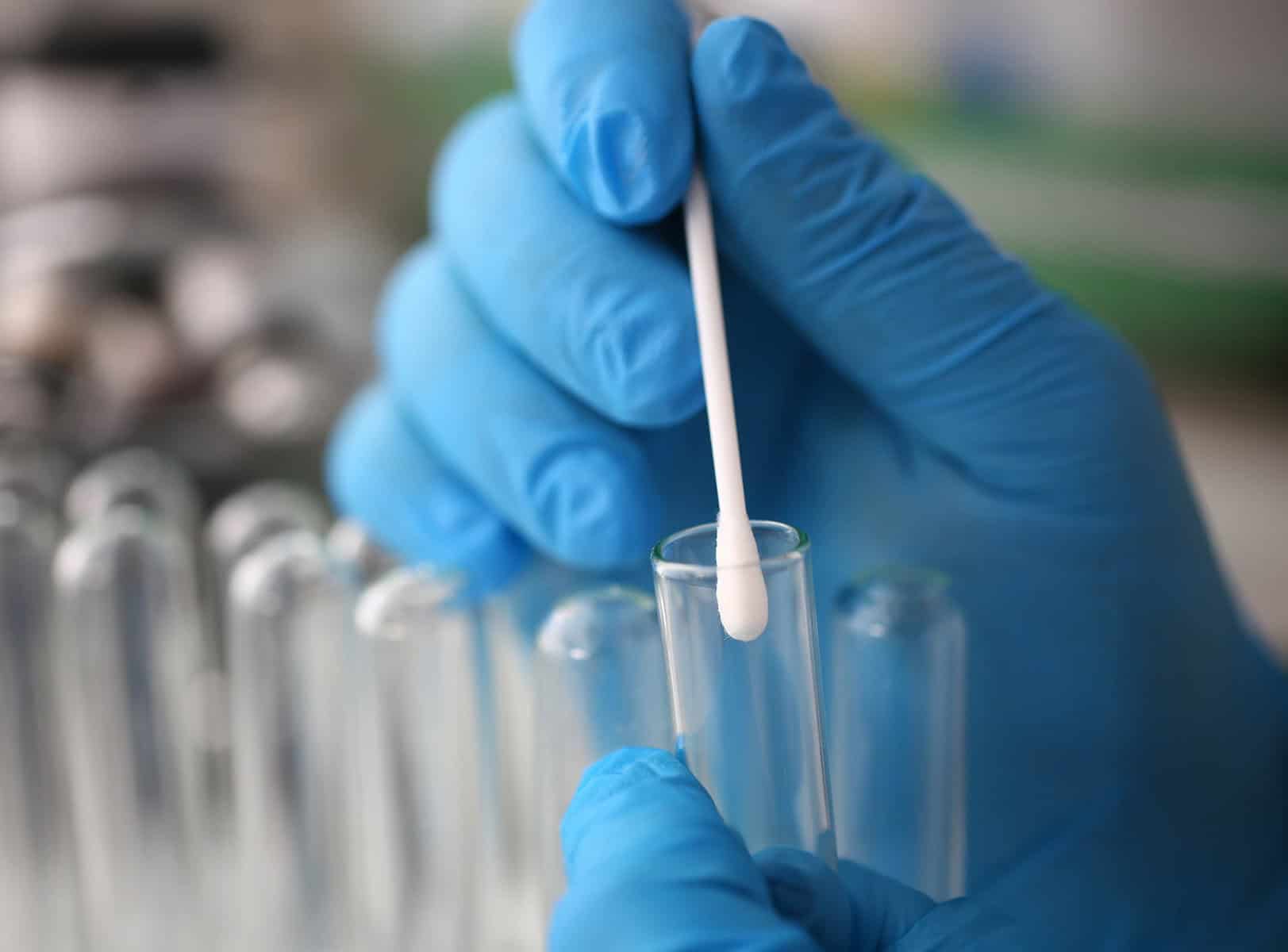Professional care for Scrotal Swelling
Address your child’s scrotal swelling with our specialised care. Submit an enquiry for a consultation today.

Overview of Scrotal Swelling
Scrotal swelling in children can be concerning for both the child and their parents. This condition can result from various causes, ranging from benign to more serious issues. Early diagnosis and appropriate treatment are crucial to ensure the child’s health and well-being. At The Forbury Clinic, we specialise in diagnosing and treating scrotal swelling with compassionate care and advanced techniques. Contact us today to learn more and schedule a consultation.


What is Scrotal Swelling?
Scrotal swelling in children refers to an enlargement or puffiness in the scrotal area, which houses the testicles. This swelling can be unilateral (affecting one side) or bilateral (affecting both sides). Common symptoms include visible enlargement, pain, tenderness, redness, and in some cases, fever. Scrotal swelling can arise suddenly or develop gradually and may be accompanied by other symptoms depending on the underlying cause. Recognising these symptoms and seeking early medical attention can prevent complications and ensure proper treatment.
Causes and Risk Factors
Causes
Scrotal swelling in children can result from various factors, including:
Hydrocele:
A fluid-filled sac surrounding a testicle that causes swelling.
Inguinal Hernia:
When a part of the intestine protrudes into the scrotum through the inguinal canal.
Orchitis:
Inflammation of one or both testicles, often due to infection.
Epididymitis:
Inflammation of the epididymis, the tube that carries sperm from the testicle.
Testicular Torsion:
A medical emergency where the testicle twists, cutting off its blood supply.
Trauma:
Physical injury to the scrotal area.
Risk Factors
Age:
Infants and young boys are more susceptible to conditions like hydrocele and inguinal hernia.
Infections:
Previous infections can increase the risk of orchitis or epididymitis.
Family History:
A family history of hernias or other related conditions can be a risk factor.
Physical Activity:
High-impact sports or activities can increase the risk of trauma.
Diagnosis
Diagnosing scrotal swelling involves a comprehensive evaluation at The Forbury Clinic. The diagnostic process includes:
- Medical History and Physical Examination: Discussing symptoms, medical history, and recent activities with a specialist.
- Ultrasound: Imaging to assess the structure of the scrotum and identify fluid collections, masses, or other abnormalities.
- Urine Tests: Analysing urine samples to detect infections or other abnormalities.
- Blood Tests: Checking for signs of infection or inflammation.
- Physical Exam: Assessing the scrotum for signs of tenderness, redness, and swelling.
These diagnostic tools ensure a thorough and accurate diagnosis, allowing for effective treatment planning.

Treatment of Scrotal Swelling
At The Forbury Clinic, we offer a range of treatment options for scrotal swelling, tailored to each child’s specific needs.
- Non-Surgical Treatments
- Surgical Treatments
- Innovative Treatments
Observation:
In cases of mild hydrocele, monitoring the condition as it may resolve on its own.
Antibiotics:
Prescribing antibiotics to treat bacterial infections causing orchitis or epididymitis.
Pain Management:
Providing pain relief through medications and supportive care.
Hydrocelectomy:
Surgical removal of a hydrocele if it persists or causes discomfort.
Hernia Repair:
Surgical correction of an inguinal hernia to prevent complications.
Orchidopexy:
Surgical treatment for testicular torsion to secure the testicle and restore blood flow.
Epididymectomy:
Removal of the epididymis if chronic inflammation persists.
Minimally Invasive Surgery:
Utilising advanced, less invasive surgical techniques to reduce recovery time and discomfort.
Personalised Care Plans:
Tailoring treatment plans to each child’s specific needs and conditions.
Managing Scrotal Swelling
Managing scrotal swelling involves a combination of medical treatments and supportive strategies:
Proper Hygiene:
Ensuring good hygiene to prevent infections.
Regular Monitoring:
Keeping an eye on the condition and seeking prompt treatment for any recurring issues.
Activity Modification:
Avoiding high-impact activities to prevent trauma to the scrotal area.
These management strategies complement medical treatments and provide a holistic approach to improving the child’s health and overall well-being.
Complications
- Infection: Untreated infections can lead to more serious complications.
- Chronic Pain: Persistent inflammation can cause ongoing discomfort.
- Testicular Damage: Conditions like testicular torsion can lead to permanent damage if not treated promptly.
Prognosis
With appropriate treatment and support, most children experience significant improvement in scrotal swelling. Early intervention can prevent complications and improve the child’s comfort and quality of life. Regular follow-ups ensure ongoing support and adjustment of treatment strategies as needed.


Why Choose The Forbury Clinic?
Choosing The Forbury Clinic for your child’s treatment of scrotal swelling ensures you receive exceptional, patient-centred care from a team of experienced specialists. Our clinic is renowned for its expert medical staff, who are dedicated to providing precise diagnoses and effective treatments tailored to each child’s needs. We utilise cutting-edge technology and the latest medical advancements to offer innovative solutions for scrotal swelling and other paediatric urological conditions. Our compassionate approach prioritises your child’s comfort, privacy, and overall well-being, ensuring a supportive environment. With comprehensive diagnostic and therapeutic services, The Forbury Clinic is committed to helping your child achieve optimal health and a better quality of life.
